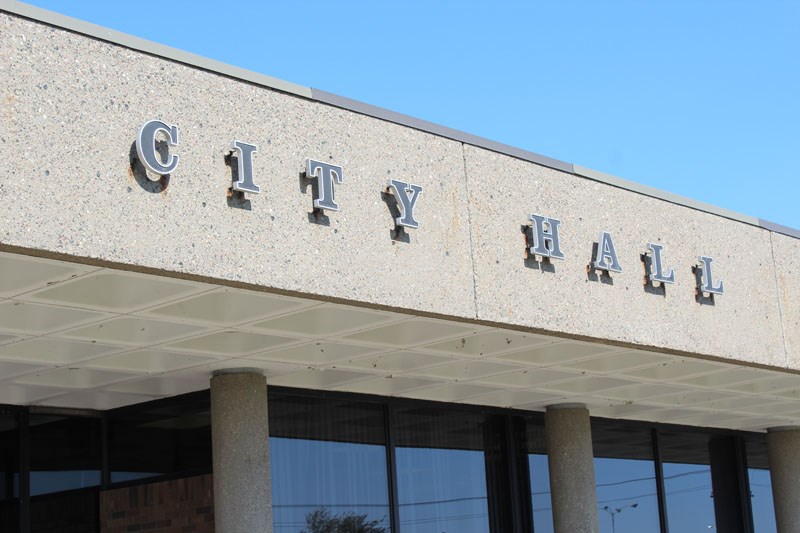Thompson city council received four objections to their proposed special service bylaw to cover the costs of some residential and institutional water, storm and sewer service line breaks from 2021 to 2025.
Two of the objections were presented in person at a public hearing at City Hall Feb. 11. On objector said she was opposed due to the fact that the levy added to the tax bill of eligible properties doesn’t cover the costs of any landscaping repairs apart from filling, levelling and seeding excavated areas. The other, former councillor Ron Matechuk, said he didn’t understand why the bylaw only applies to residential properties and institutional properties with service lines of one inch or less, but not to commercial properties.
“Back in the day it was stated that we did not cover businesses, their properties, simply because the infrastructure on top would be too costly to replace,” said Matechuk. “We don’t replace anything anyways so why are businesses not included? A hole is a hole is a hole. I argued that four years ago and I argue it today.”
The two objections presented at the meeting as well as two written objections will be forwarded to the Municipal Board which will review them and the proposed special service bylaw and either approve or reject it. If it’s approved, council will then be free to proceed with second and third reading of the bylaw, which would see a levy of up to $92.56 for 2021 rising to a maximum of $123.42 in 2025 added to the tax bills of 3,241 eligible properties. If the actual costs are lower than the amounts set out in the bylaw, they are adjusted downwards. If the actual costs were to end up higher, a public hearing would have to be held to amend the plan.
Modelled after two previous versions that were in effect from 2010 to 2015 and 2016 to 2020, the special service levy divides the actual cost of repairing such line breaks from the previous year among all eligible property owners.
In 2020, the last year of the previous special service bylaw, each property owner paid about $75 to cover the actual costs of repairing such line breaks in 2019, which was about $242,000. The actual cost of repairs for 2020 will be the basis for the amount of the levy in 2021. This amount is not yet known but the city is estimating that it could be up to $300,000, which would work out to about $92 for each eligible property.
The first special service levy was adopted in 2010, after the city proposed to increase the dig fee for line breaks on residential properties to $2,000 from $1,000. Those fees did not cover the total cost of the digs and repairs, estimated to average around $5,000 back then and to range from about $6,000 to $15,000 now.




